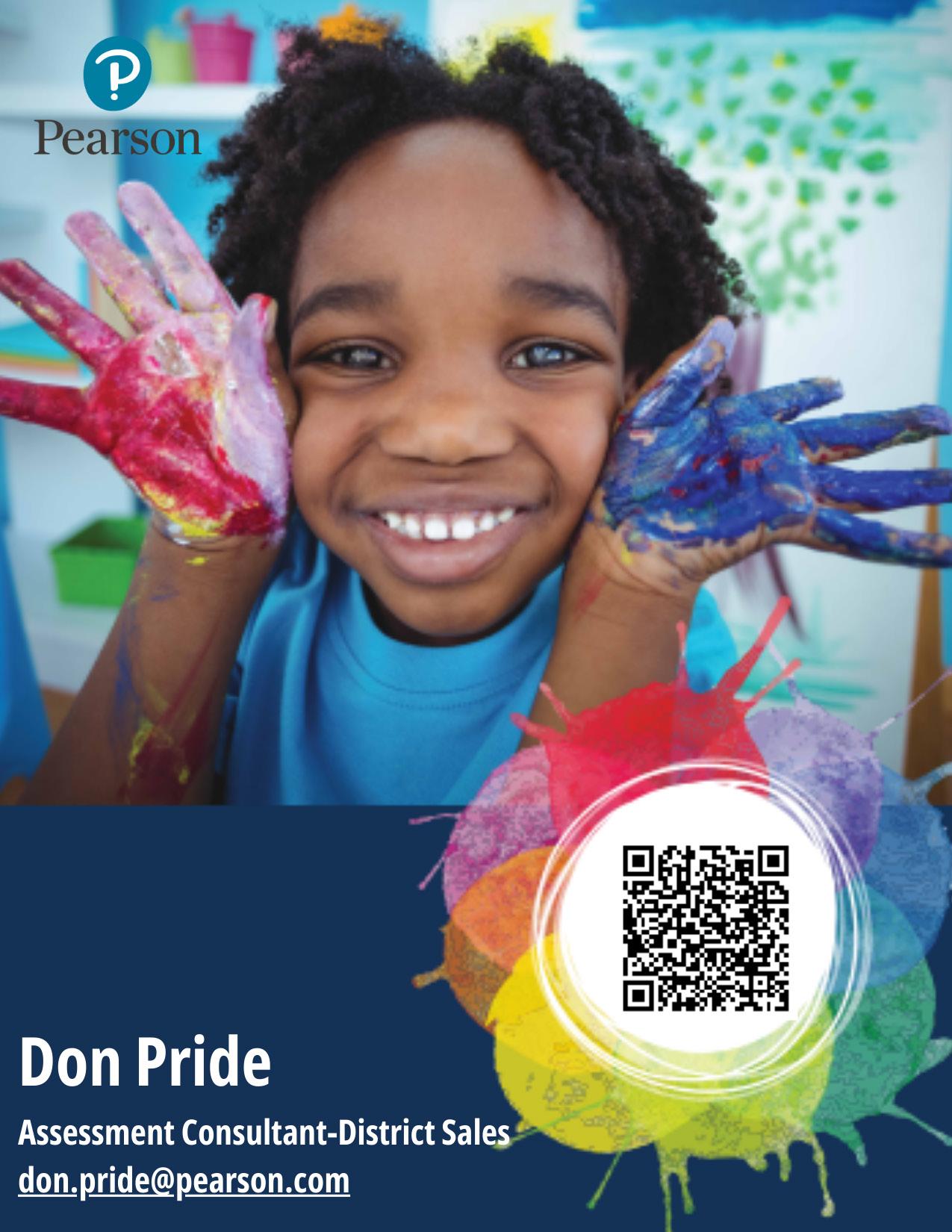
3 minute read
Academics vs. Play
By Traci Newell, Principal, Elgin Elementary School
For many years there has been a debate in elementary schools between the importance of play and academic achievement. There seems to be increasing pressure to meet high academic standards and push standardized test preparation, causing many schools to phase out not only unstructured play throughout the day but “play” as a way for children to learn together.
What many of us have figured out, however, is the need for a balanced approach where both academics and play are crucial for the development of the whole child. As administrators, it is important that we not only understand the role of play in education but that we promote play within our classrooms.
The case for strong academics is obvious. A strong foundation in reading, writing, mathematics, and science is essential for academic success. When students have a structured learning environment focused heavily on academics, they are taught discipline, focus, and how to work independently. Structured work in core subjects provides measurable outcomes for understanding students’ academic strengths and struggles.
What, then, is the case for play in the academic environment? Playbased learning reinforces academic concepts, making them more engaging while fostering creative thinking. Play allows for innovation and critical thinking, skills that are often found lacking in the skilland-drill worksheets commonly used in classrooms. One critical skill promoted through play is the development of social skills such as cooperation and communication. A skill sorely lacking in our students since play was pushed to the back burner is conflict resolution, which can occur organically during social play. Play allows students to regulate their emotions and learn positive ways to cope with stress.
Play allows students to become natural problem solvers and creative thinkers. Other benefits of play also include improved fine and gross motor skills and an increase in focus during more structured academic times. Allowing students to play “grocery store” could help them make math skills like addition and subtraction more concrete and less abstract. Play also encourages communication skills and teamwork. Games and handson activities should be woven into the curriculum to allow for more engaged learning. Projects that encourage exploration will help reinforce academic concepts. As administrators, it is essential that we encourage and embrace both structured learning activities and unstructured play. When we choose to support and foster an environment where play is valued in our schools, we can support the development of the whole child –cognitively, socially, emotionally, and even physically. In doing so, we will be able to engage students, create critical thinkers, and equip our students with both academic and social success in and out of the classroom. ■
















